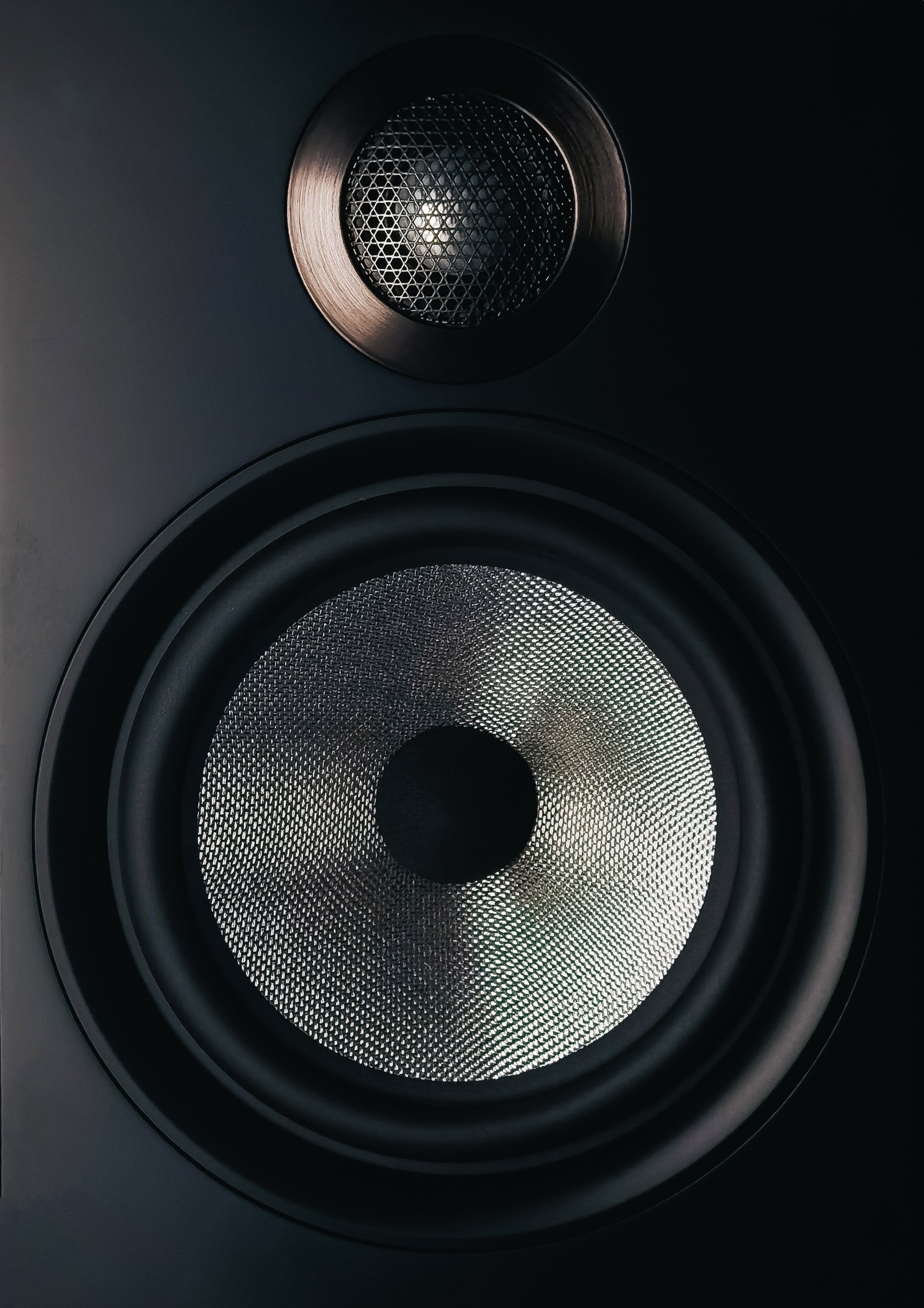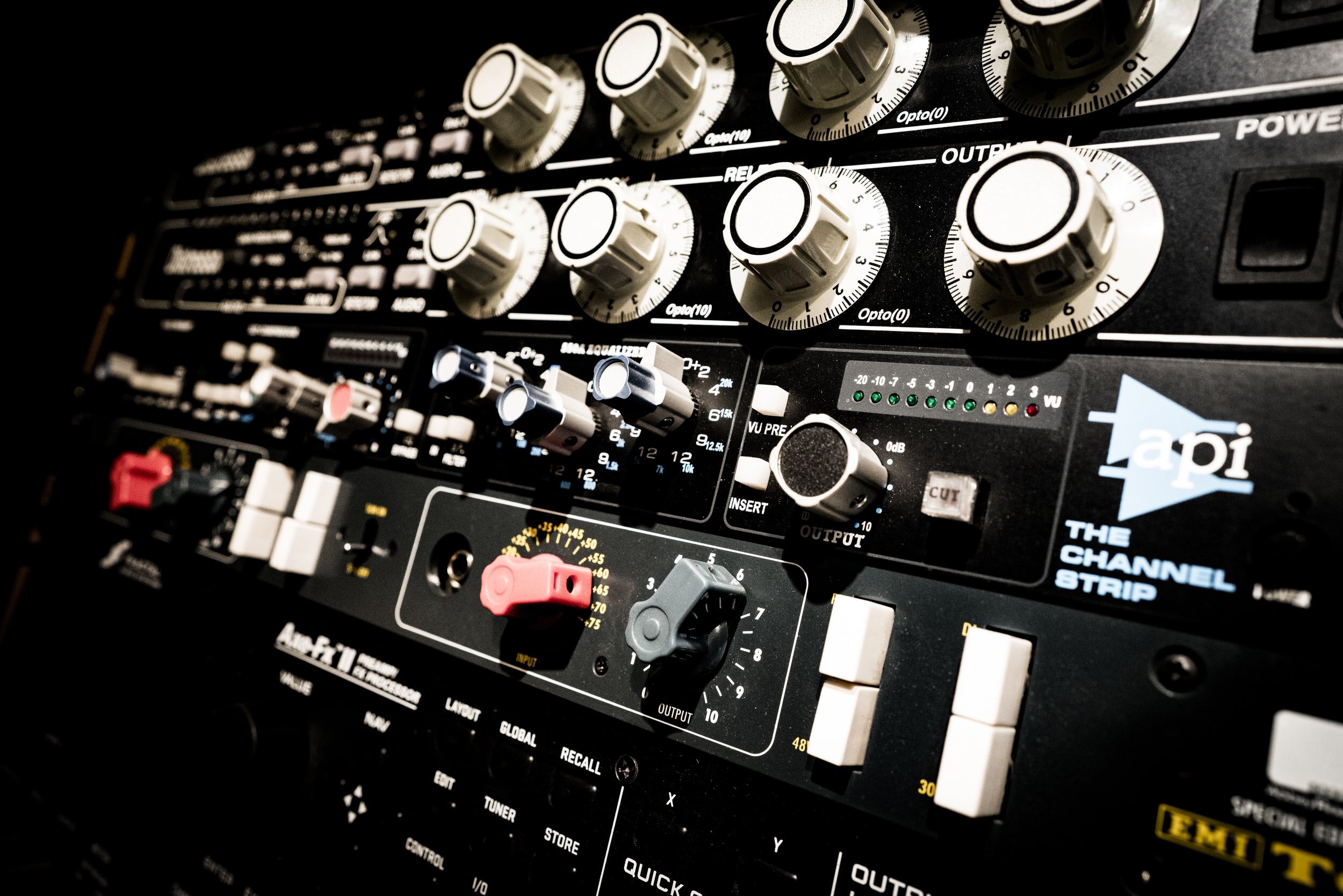Is Waves worth it?
I’ve had several conversations over the past few months where a worship pastor was dead set on getting a Waves rig for their live experience. Many of the reasons given have been things like “It will make us sound better” or “Elevation (or some other big church) uses it and we want to sound like them”. When I hear this I cant help but ask “ how is Waves going to help in your context?”. The reality is; depending on what plugins you choose to use and how you choose to use them they may not actually help, and in some cases they can make things worse... (keep it simple)
Now I’m not saying that you shouldn’t buy plugins or external hardware units to employ in your live mix. I use plugins from several manufacturers including Waves all the time. What I am saying is that you need to understand what the problem is you’re trying to solve, what specific tools you need to solve them, and how to use those tools. (Most) plugins are designed to emulate a physical hardware unit of some kind. These units (physical or digital) are designed to be used certain ways to effect the audio signal in specific ways. Understanding what these tools do and how/when to use them is crucial to getting desirable results.
So, should you buy and use external (outside of your console) processors? It depends. Let’s start with some more basic questions to answer for your organization to help determine if Waves (or other audio processors) will help you improve your sound.
1. What’s the quality of the audio being fed into your console?
Are the sounds coming into the console good to start with? Trying to fix bad audio in the mix is hard if not impossible. Take the time to get the source right. The sources need to sound good on their own and be captured well before the console to give your processing the best chance of being effective. If something doesn’t sound good, take some time to go through all your inputs and make sure you’ve done everything possible to get the most out of each source. This could mean changing drum heads, strings, pedals, amps, patches, mics ect.... Get it good at the source.
2. What is your audience listening through? (its too loud)
For most of us there are a few different places that people can be listening, but the one we have the most control over is the main worship space and the PA system in your room. The question to ask as it pertains to plugins is “will the changes I make even be audible through our system?” You need to make sure your system and room is accurate so that you can actually mix and not just control the sound.
3. Are there any barriers to entry?
Cost? Network infrastructure? Acceptable latency? Plugins can be expensive, require extra hardware and introduce latency into the audio. These aren’t reasons to walk away but rather things that need to be considered to get the best results.
4. What’s the specific issue your trying to solve?/What creative mix element are you trying to add?
You need to be able to identify what the problems are you’re trying to address. Is your snare drum sterile? Is the vocal not sitting well with everything else? Does the vocalist get really harsh in their high octave (and they are actively working on their vocal tone)? Are all the singers on pitch (assuming their monitors are giving them what they need to be on pitch and they are actually a good singer) If you don’t know what you’re trying to solve, don’t guess at solutions that are going to cost money or waste time.
5. What tool do you need to address the things from question 4? (do you really need more gear?)
Once you’ve identified the issues, look for the specific plugin or outboard piece that addresses that issue. There is tons of good info online about how others have addressed similar issues. The manufactures have example on their sites of the things that their plugins will do.
“ But Chris, how do I know if these plugins would help? I’ve never used them before.” Good question. Most of the manufactures have demo versions you can download and try inside a DAW (digital audio workstation) for a limited about of time. This is a great way to test and see if the plugin is going to do what you need it to or not.
If you’d like to discuss further if waves (or any other platform) may be right for you, send me a message. I’d love to talk to you about it.





